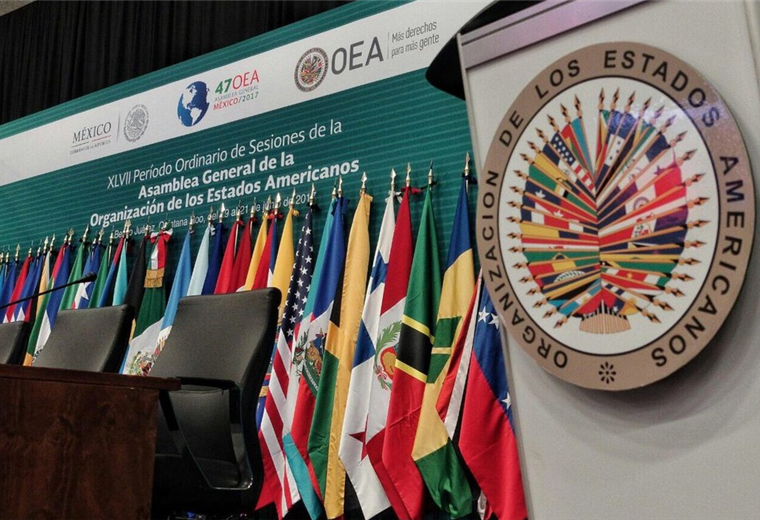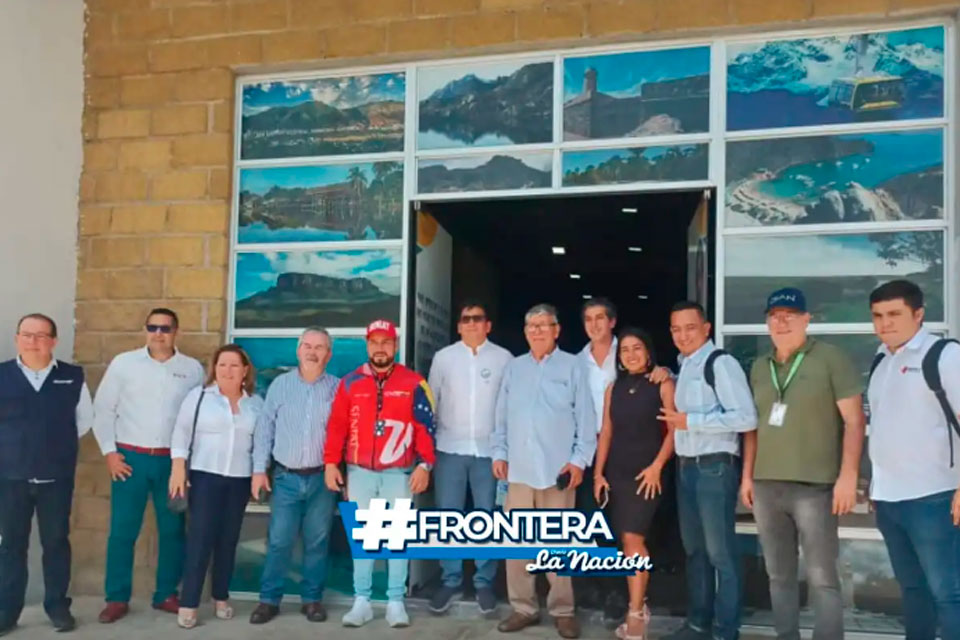The OAS countries reached an agreement, pending approval by the plenary, to condemn the crisis of human rights in nicaraguaduring an annual meeting in which the United States insisted that “authoritarian governments” be held accountable.
The general commission agreed on a Draft resolution on Nicaragua that claims the government of President Daniel Ortega to “cease all violations of human rights and respect civil and political rights, such as religious freedoms and the rule of law, and to refrain from all forms of intimidation” against the press, religious communities and NGOs.
It also urges him to “immediately and unconditionally release all political prisoners”, as the OAS bodies have asked him to do.
The same commission will present draft resolutions on Haiti, climate change and the migration of minors in plenary session for approval.
In parallel, the plenary sessions continuein which several countries such as Argentina, Bolivia and Mexico have criticized the OAS.
But the United States came to his defense.
“Several governments of the Americas are questioning the relevance of the OAS and democracy in general, we believe in democracy and its ongoing capacity for renewal and revitalization, and we believe in the OAS, both in its ability to improve our individual democracies and to unite to solve problems,” said US Secretary of State Anthony Blinken,
The head of US diplomacy insisted on the need to “continue drawing attention to the violations widespread human rights violations perpetrated by authoritarian governments and to seek ways to hold them accountable accordingly and end their repression,” without citing any particular country.
But this is not enough, he said, because “we have to make our voices when our democracies stray from the principles we have all agreed to uphold.
Minutes before, Blinken chaired a ministerial meeting which adopted a plan to strengthen public health in the Americas over the next seven years.
This plan contemplates an increase in investment in health systems, that were under strong pressure during the covid-19 pandemic, and involves the development of digital tools and new technologies such as artificial intelligence in health institutions.
One of the biggest public health threats in the United States is fentanyl.a synthetic opioid up to 50 times more potent than heroin manufactured by drug cartels in Mexico.
Blinken announced before the OAS that his country will lead a “coalition” of countries to fight this scourge.
“We encourage countries across the region to join us in this effort,” he said.
















